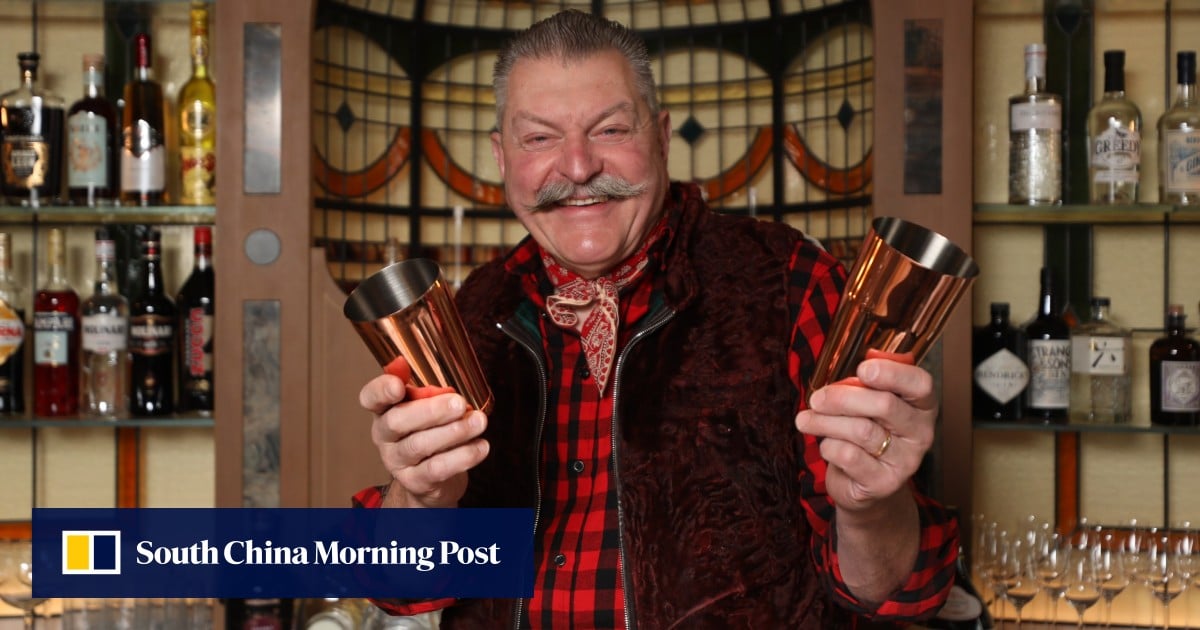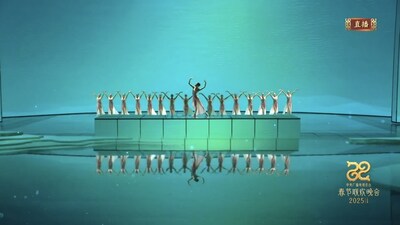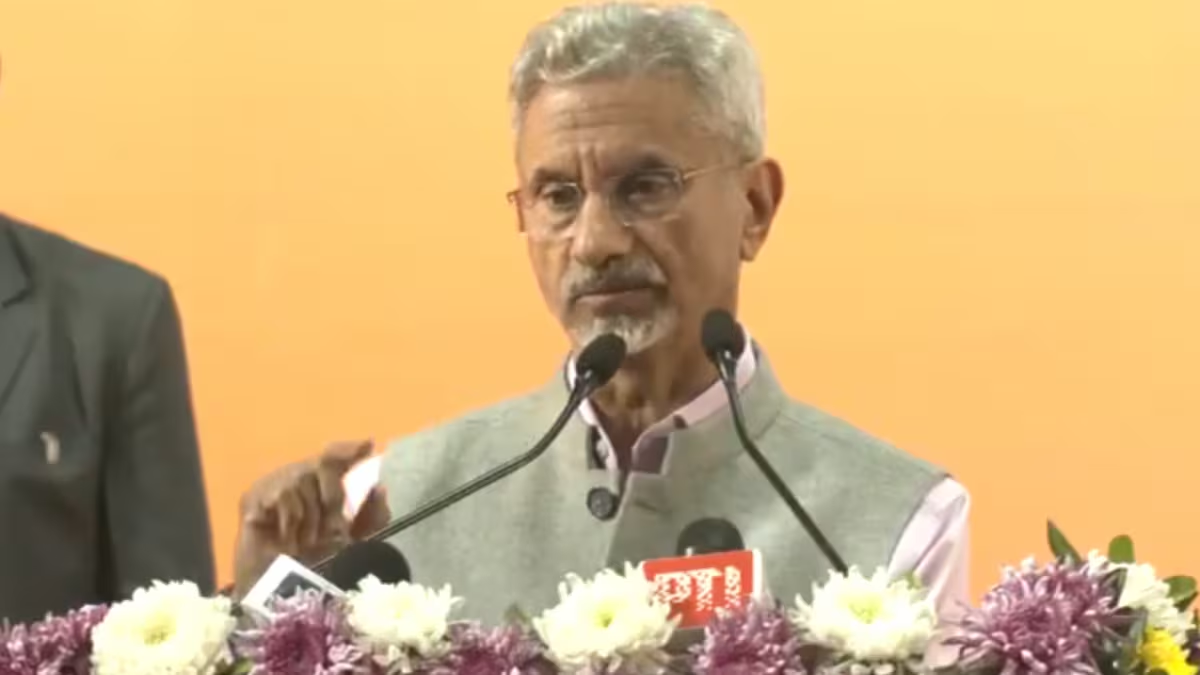Its mandate pays reverence to the jovial craft butcher’s belief in honouring each animal’s sacrifice. No part of any cow is wasted. The speciality is the bistecca alla Fiorentina T-bone, but various other steak cuts, as well as tongue, shin, tail and other elements, are turned into appetisers, sausages and soups at Carna.
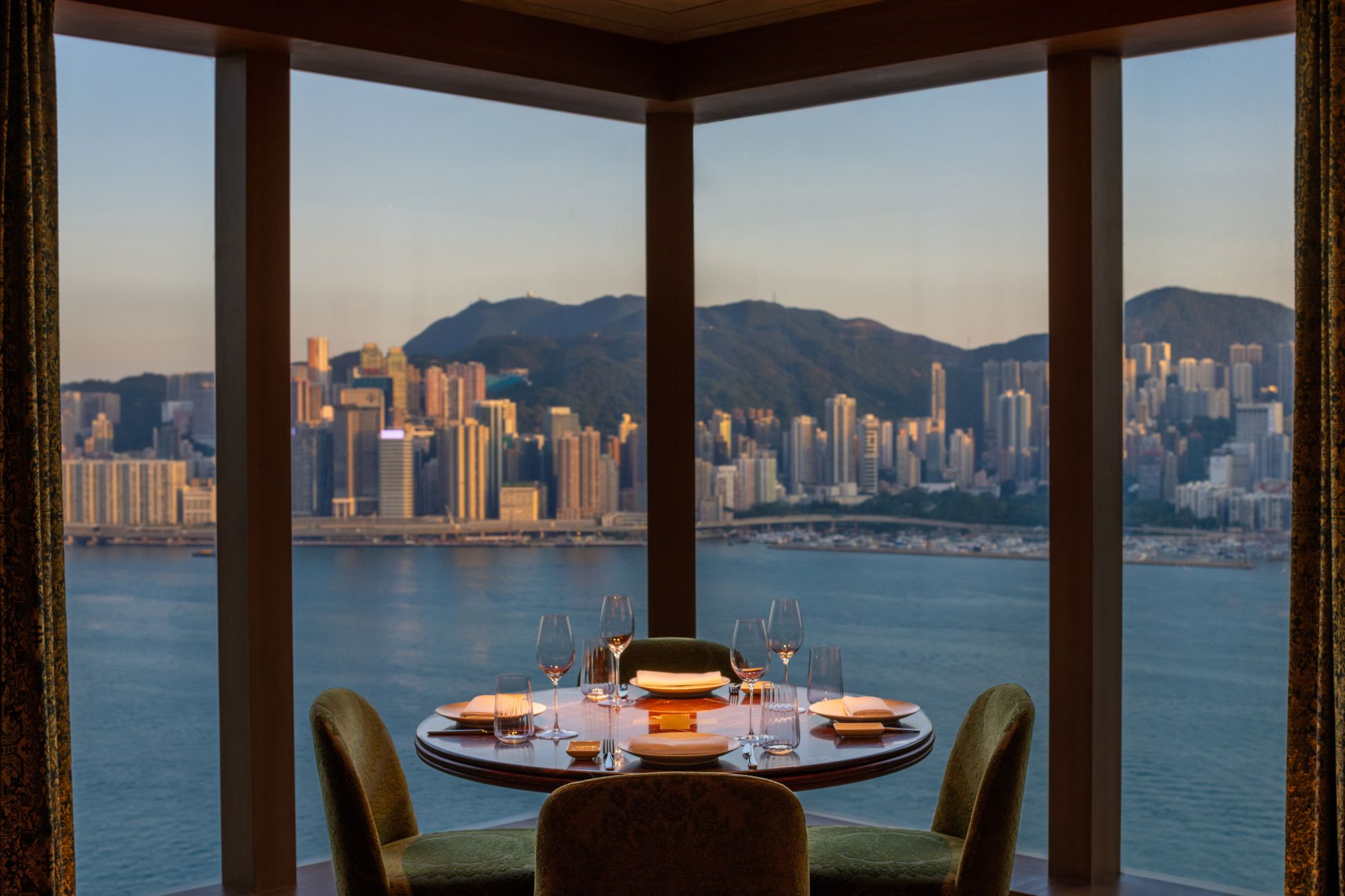
“My butcher shop in Italy has been passed on from father to son for 250 years, at the same location,” Cecchini says, through his interpreter and wife Kim Wicks, at Carna’s launch in late January.
“Next year will be my 50th year as a butcher. So, my work is to explain my artisan craft by way of a kitchen. I think the butcher’s job carries one of the most important responsibilities in the world of food. We kill so that our community can nourish themselves.
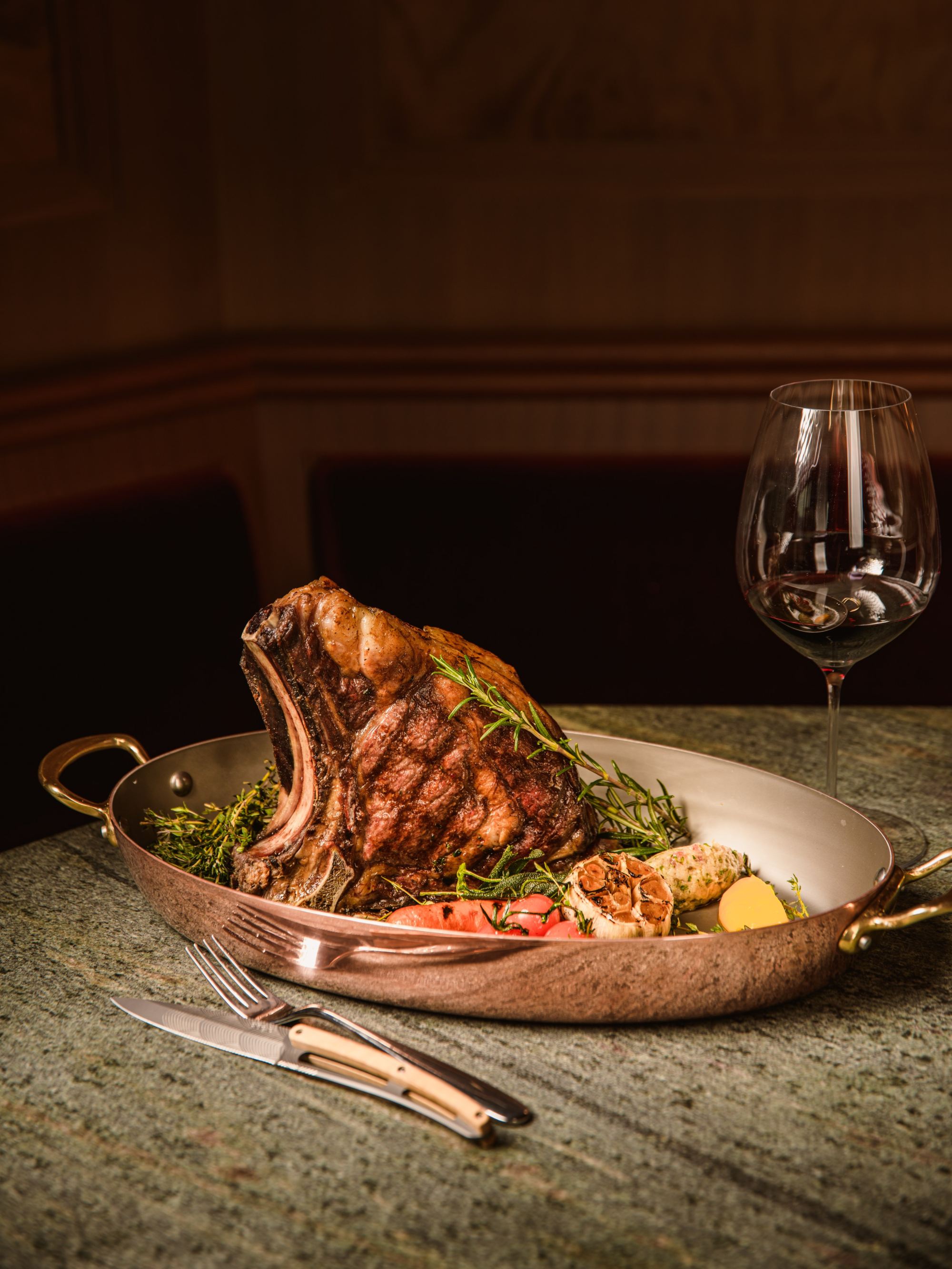
Like for all his other restaurants, Cecchini will be food and menu consultant, making regular visits. The overseas franchises are also an implicit promise to his American-born wife that he will be less workaholic so the two can travel more.
“We’ve known each other for 20 years and I know Dario’s home is behind the butcher counter, but we have promised ourselves to enjoy our time more,” Wicks admits.
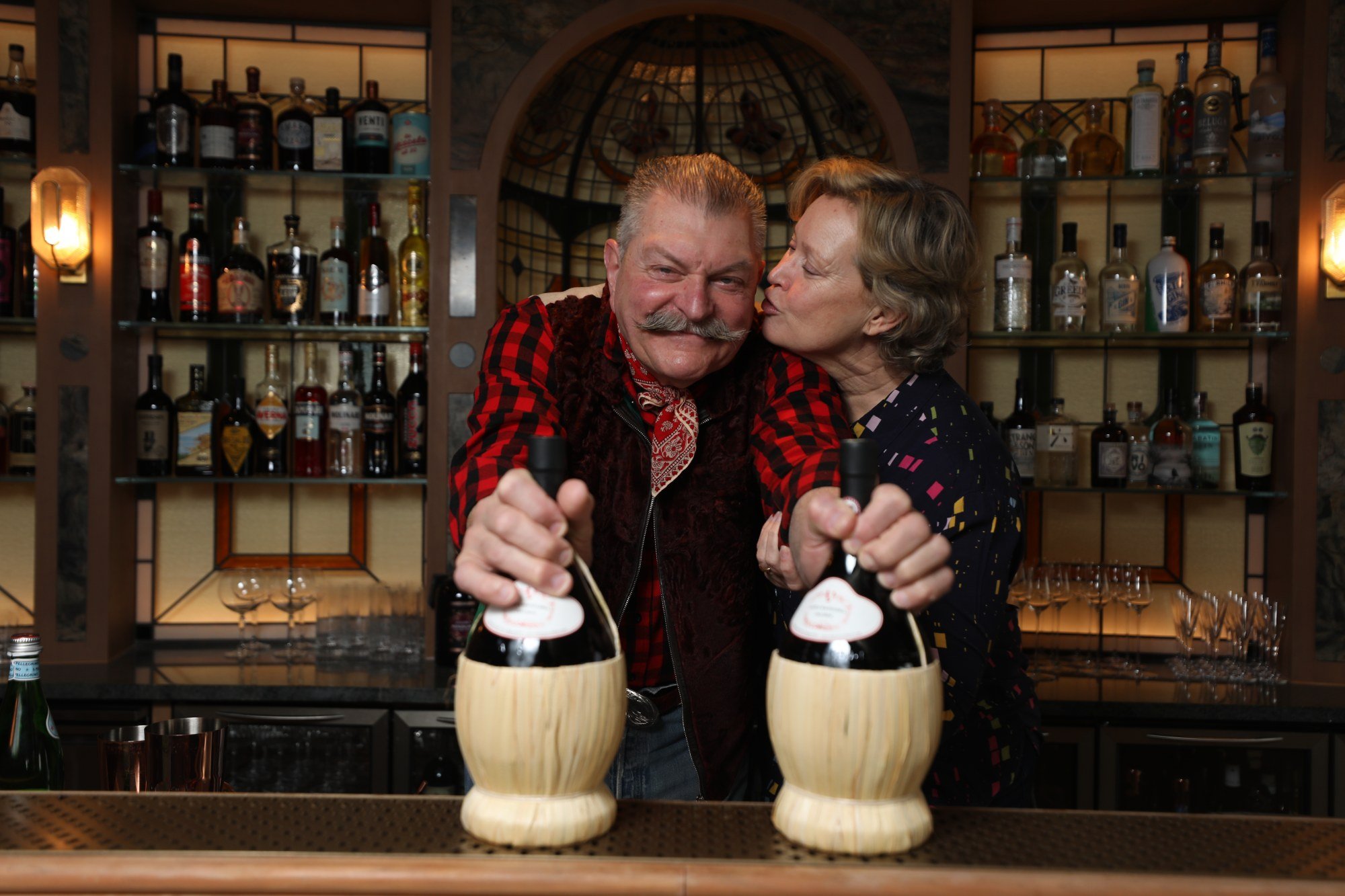
Luckily, Cecchini has a thing for Hong Kong, especially the open-air butchery of local wet markets. On his recent visit, he made a point to rise early to explore such local operations.
“They inspire me. I realise what brings our two cultures of butchery together is we both use everything. The Chinese always use every part of the animal so well. So, it’s a great honour for me to bring my mission here. I feel like we are bringing our offerings to a culture of brothers.”
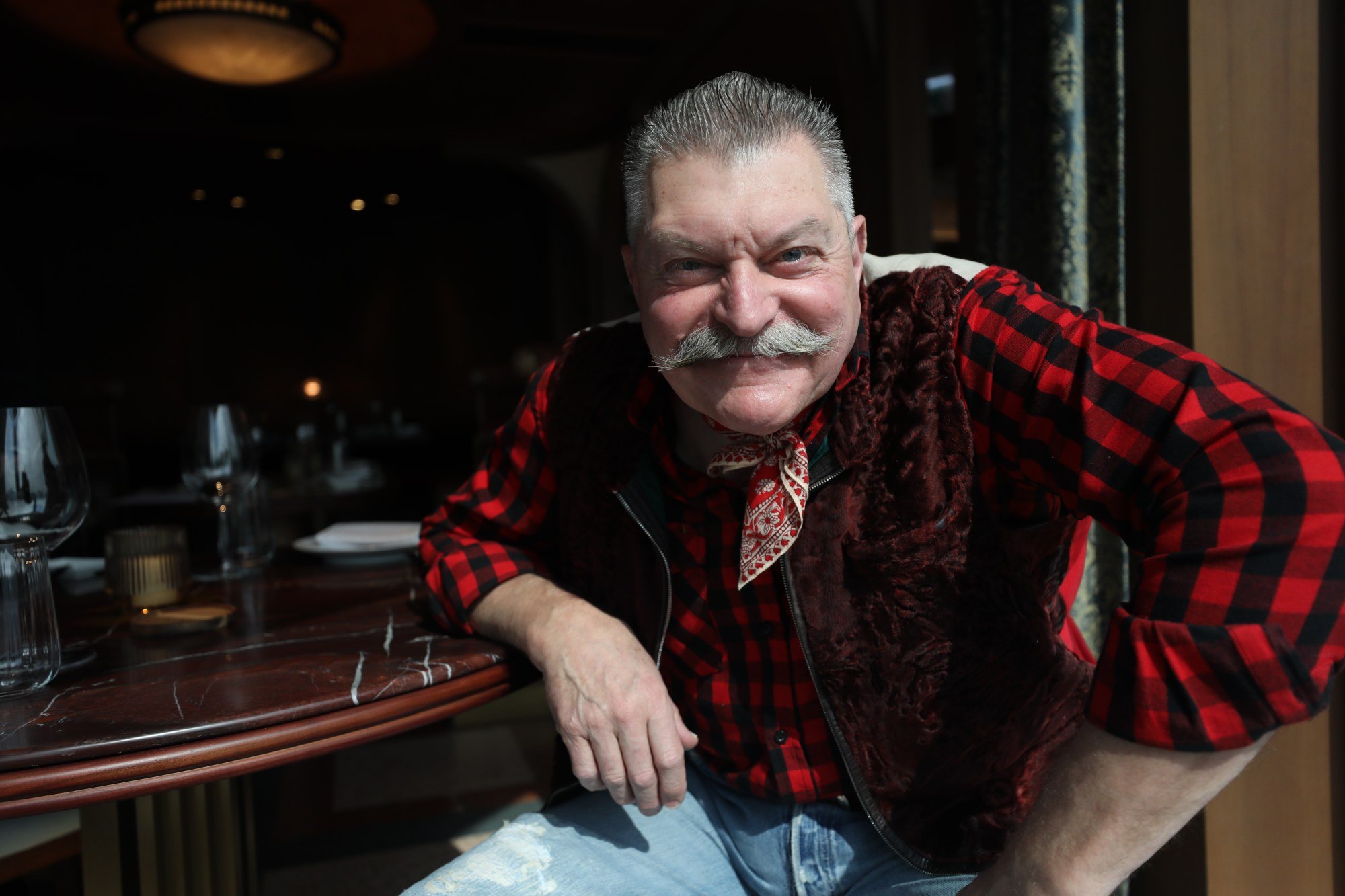
The great irony in Cecchini’s life was, as a young man, he wanted to be a veterinary surgeon. But his father’s sudden passing – just years after the death of his mother – forced the then teenager into the family business.
“I was studying veterinary science at university. But in just two days [after my father’s death] I had to leave, put myself behind the butcher counter and start working,” Cecchini explains.
“There was just my younger sister and my elderly grandmother. I started in the shop without any experience. Those first years were very, very difficult. I was barely 20, but I was determined to become a good butcher. I can’t begin to tell you how many bandages I had on my hands from cutting myself. I felt like the knife was my enemy, but I just kept trying to do my best.
“I have still inside me that young man who wanted to become a veterinary surgeon. The dream was interrupted but it didn’t die. It just took a different path.”
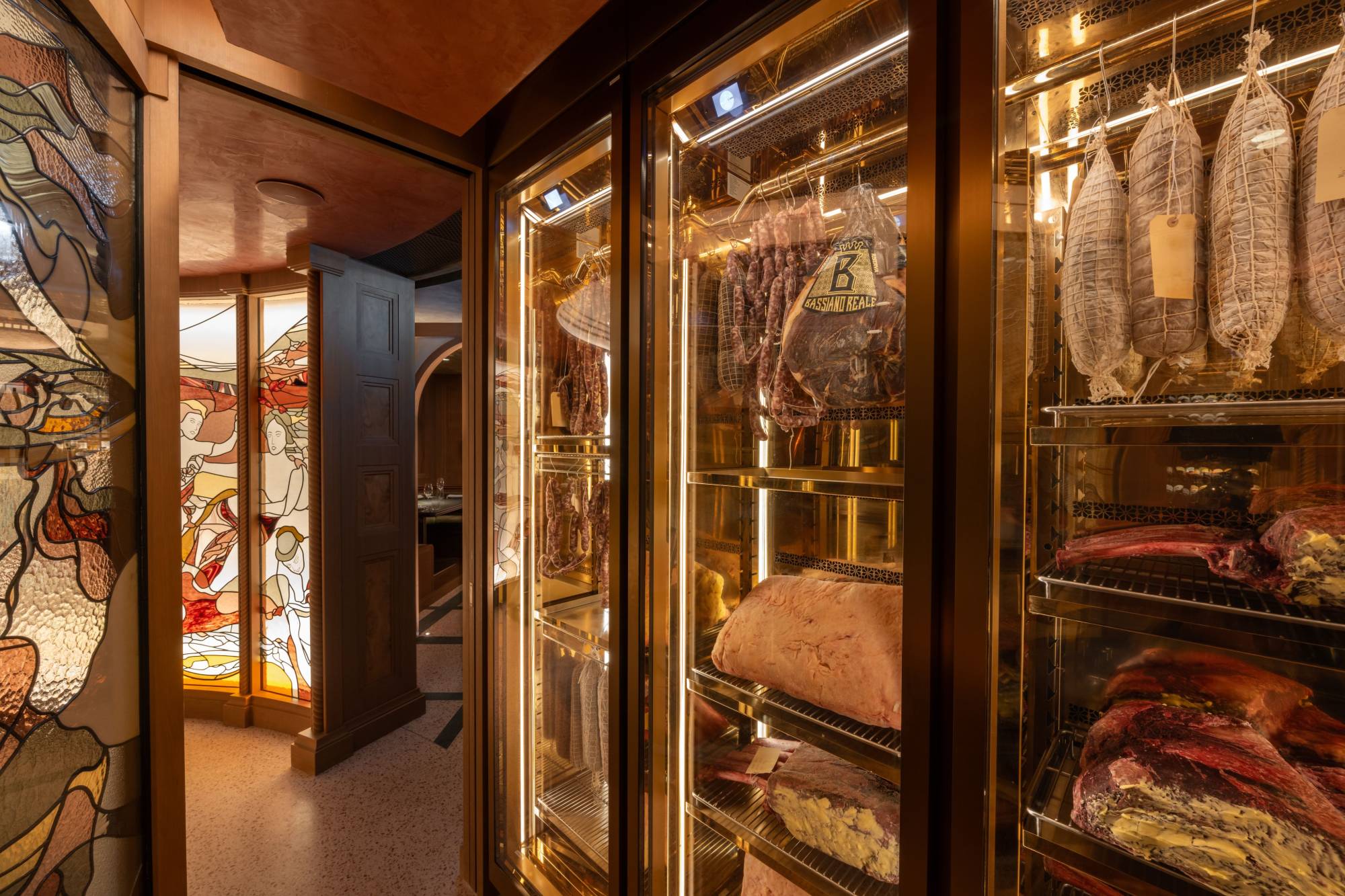
Part of his respectful welfare of animals includes giving his own stock of cattle – raised in the high Pyrenees hills of Spain – plenty of space to freely roam and graze. These breeds, interestingly not of Italian Chianina but other European varieties like Limousin, Aubrac and others, are served at Cecchini’s Italian kitchen eatery, next door to his Panzano meat shop.
Exclusively, Cecchini confirmed he will be supplying his beef to Carna in Hong Kong too, possibly by March.
“I feel it is my responsibility to assure that my animals have the happiest life possible, and as dignified a death as possible,” he adds. “I took recipes I learned from my grandmother, as well as my own innovations and I put them all on a plate for people. I feel this completes my work.
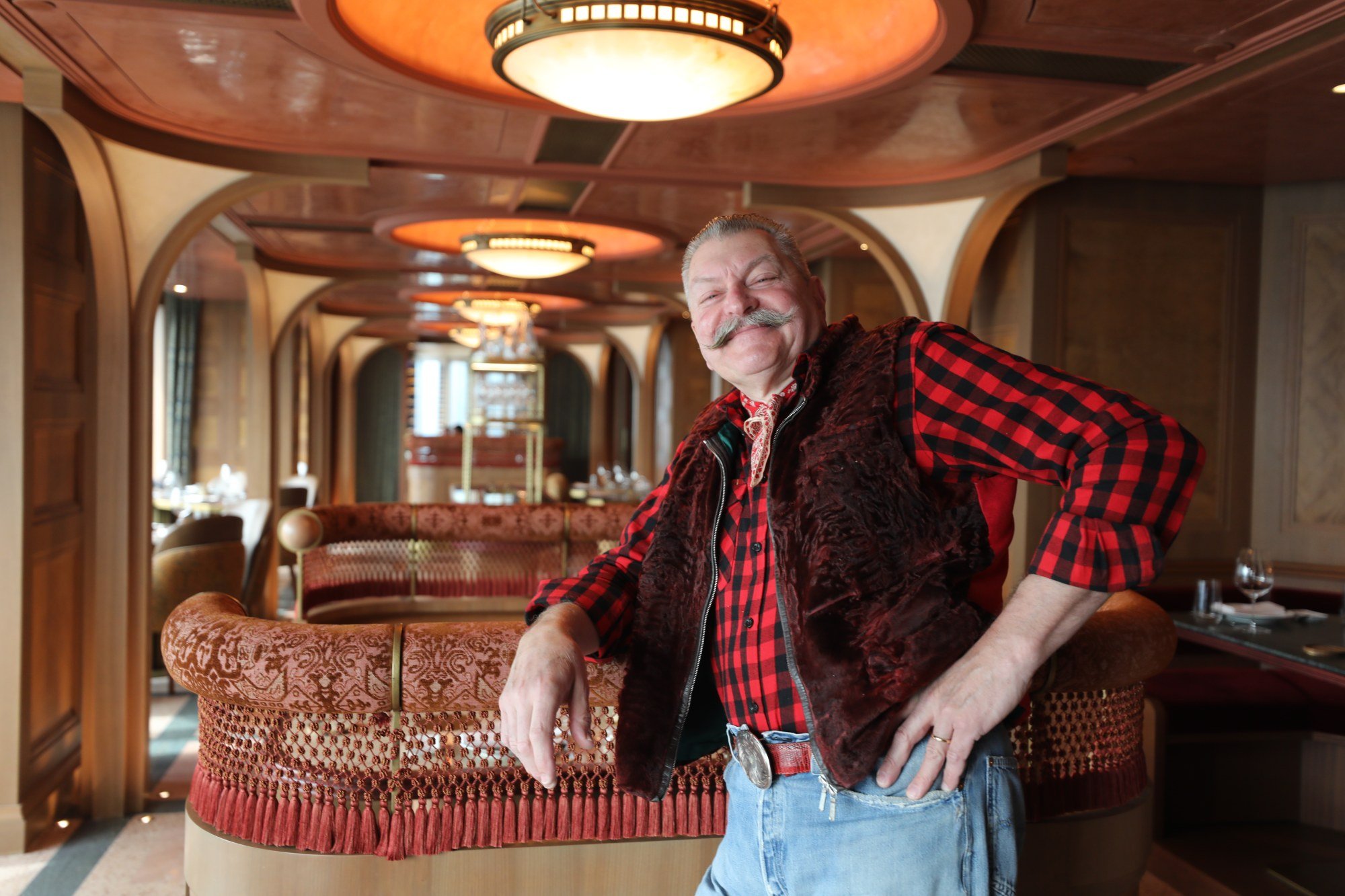
“I do work every day, 14 hours a day. I don’t stop because this is my discipline, this is the work I do. It’s not about only improving my work, but improving my soul too.
“Honestly, I don’t think I am better than many other butchers around the world. I don’t believe I am the best but I think somebody had to speak up and I guess that is my role. I do it the best way I can. I hope to be a good artisan and pass my knowledge on. I’m not working to become the richest man in the cemetery.”
Taking a dramatic pause, the charismatic butcher then turns his Latin life slogan into a well-rehearsed punchline.
“Carne diem!”

